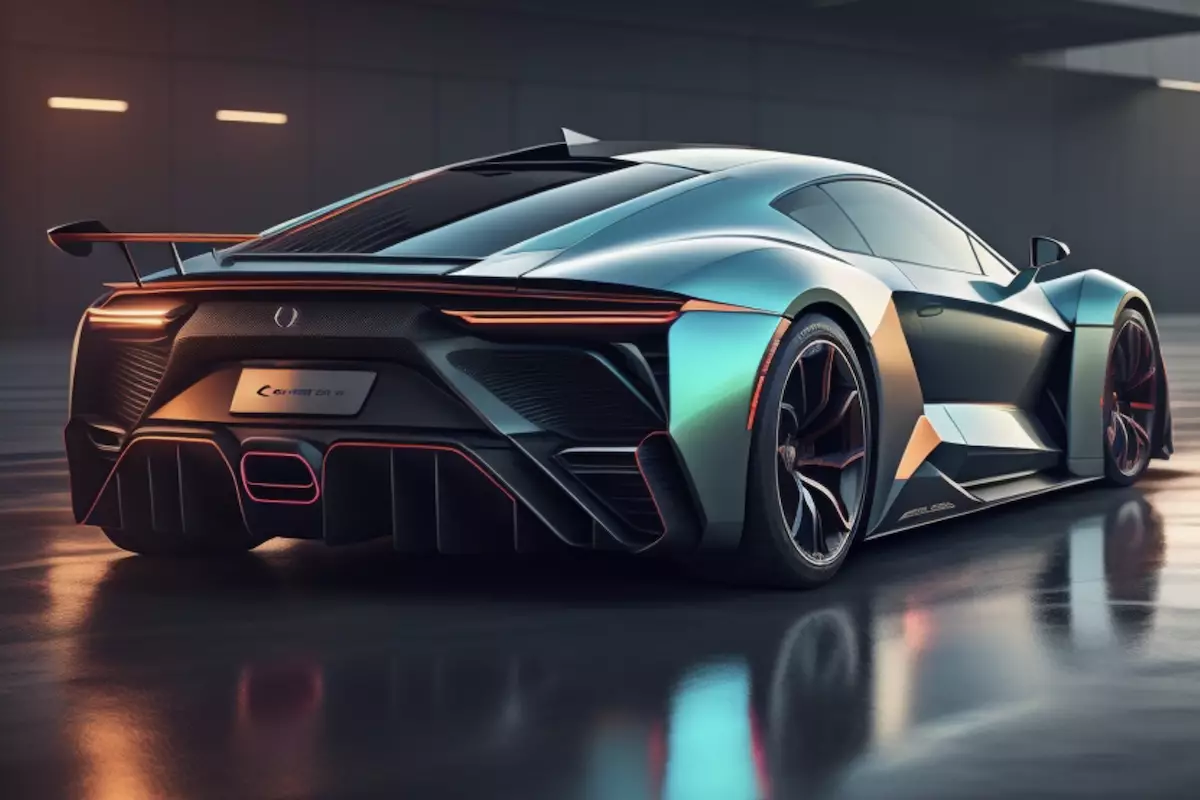Car tokenization, a groundbreaking concept in the automotive and technology landscape, signals a significant shift in how individuals can engage with vehicle ownership. By converting ownership rights into digital tokens on a blockchain, it is now possible for multiple investors to share in the ownership of a car, ranging from luxury sports cars to historical collectible models. This innovative approach democratizes access to high-value vehicles, allowing everyday investors to participate in a market that was previously restricted to those with substantial financial means.
At its core, car tokenization involves creating unique digital representations of shares in a vehicle, which are securely recorded on a blockchain. This technology serves as a transparent ledger, ensuring that ownership details are verifiable and immutable. Consequently, car tokenization is more than just a modern investment method; it represents a fusion of traditional asset ownership with the breakthroughs in digital finance.
Advantages of Fractional Ownership
Car tokenization brings forth several transformative benefits that alter the concept of vehicle ownership. One of the most notable advantages is fractional ownership, which allows multiple individuals to own a share of a vehicle rather than a single entity bearing the entire purchase price. This broadens the pool of potential investors keen on accessing luxury vehicles, drastically improving affordability and accessibility. Instead of swallowing the daunting cost of a high-end automobile, would-be owners can buy a percentage, thus lowering the financial barriers to entry.
In addition to making luxury cars more accessible, the way in which these digital tokens can be traded enhances market liquidity. Traditional ownership structures often tie investors down with lengthy commitments; however, the digitization of ownership simplifies the buying and selling processes. With tokenized vehicles, individuals can react dynamically to market conditions, facilitating smoother transactions and the reallocation of resources as needs change.
Owning a vehicle comes with an array of costs—maintaining, insuring, and storing it can accumulate significantly over time. With car tokenization, these burdens can be shared among the token holders, leading to reduced financial stress for individual owners. This innovative model not only lowers the costs associated with ownership but also encourages collaboration among investors who share a vested interest in the vehicle.
Furthermore, the concept of shared investment opens a world of opportunities when it comes to appreciating assets. As more investors focus on tangible forms of wealth, tokenization allows them to invest in vehicles that may increase in value over time, such as rare classics or limited-edition luxury cars. This diversification can form a crucial part of a robust investment portfolio.
Initiating the process of car tokenization involves several steps, beginning with the selection of a vehicle to tokenize. This vehicle can be anything from a modern performance car to a vintage collectible. Once chosen, digital tokens representing shares of the car are created and stored securely on a blockchain. Transactions related to ownership transfers are governed by smart contracts, which automate agreements and streamline the buying and selling process.
The incorporation of smart contracts reduces the potential for fraud, as all transactions are precisely recorded on the blockchain. Consequently, investors can conduct their business in a secure environment and with greater peace of mind. Digital marketplaces are becoming increasingly accessible, allowing token holders to trade their shares efficiently.
While the vision of car tokenization paints an optimistic future, several challenges remain that could hinder its full adoption. The most pressing issue is regulatory uncertainty. As the realms of digital assets and blockchain technologies continue to evolve, many jurisdictions lack clear legislative frameworks governing tokenized ownership structures. Such ambiguity can deter both companies and potential investors from engaging in this new market.
Another significant hurdle is education. Tokenization is an intricate concept that requires a basic understanding of blockchain and digital tokens. The complexity can be daunting for many, potentially slowing down the adoption of this innovative investment approach. Overcoming this knowledge gap will be essential for expanding the appeal of car tokenization.
The Future of Investment in Automotive Markets
On the horizon, car tokenization is poised to reshape the landscape of vehicle ownership and investment. As blockchain technologies mature and regulatory clarity emerges, an increasing number of firms are likely to explore tokenization opportunities. This could lead to a more diverse array of investment options in vehicles, appealing to a new generation of investors attracted to innovative financial models.
Though car tokenization may not wholly replace traditional ownership, it presents an attractive alternative, especially for those interested in fractional investment opportunities within the automotive sector. By allowing individuals to share in the ownership of prestigious vehicles, tokenization represents a burgeoning trend that could redefine the future of automotive investments. As we stand at the cusp of this new era, it’s clear that car tokenization possesses the potential to revolutionize how we perceive and engage with car ownership.














Leave a Reply